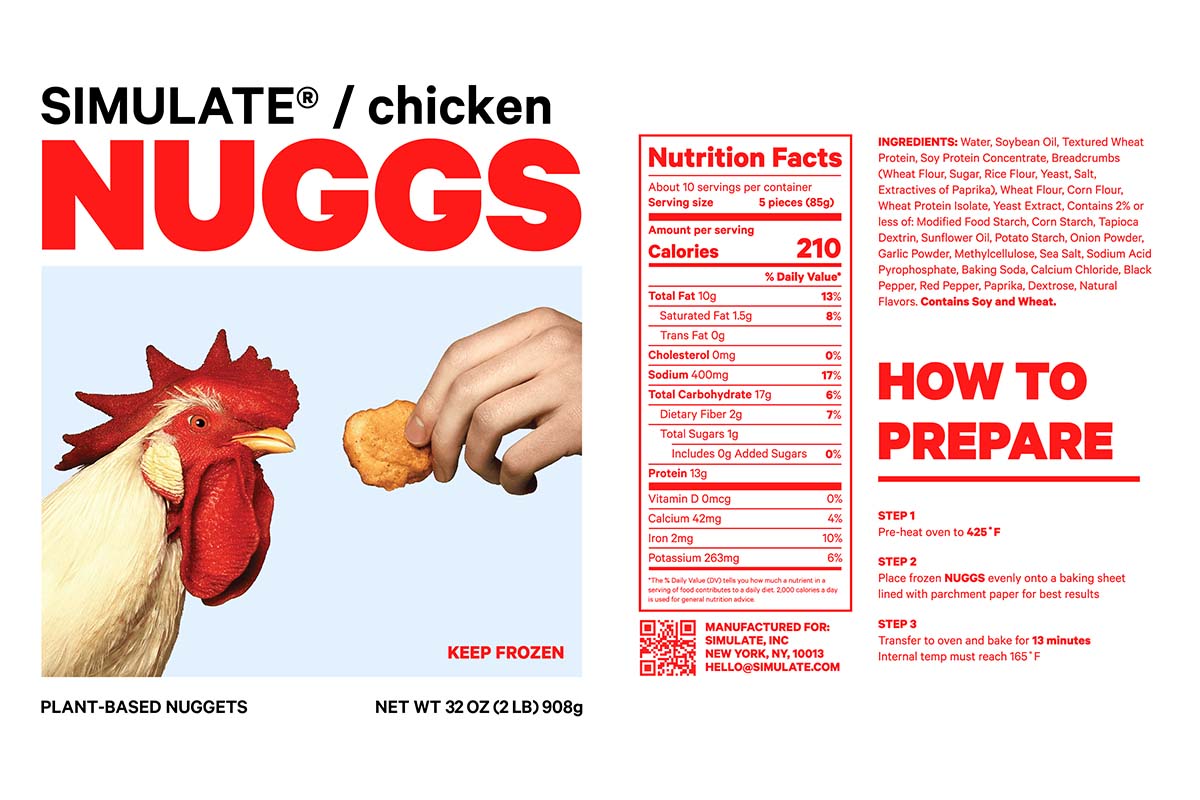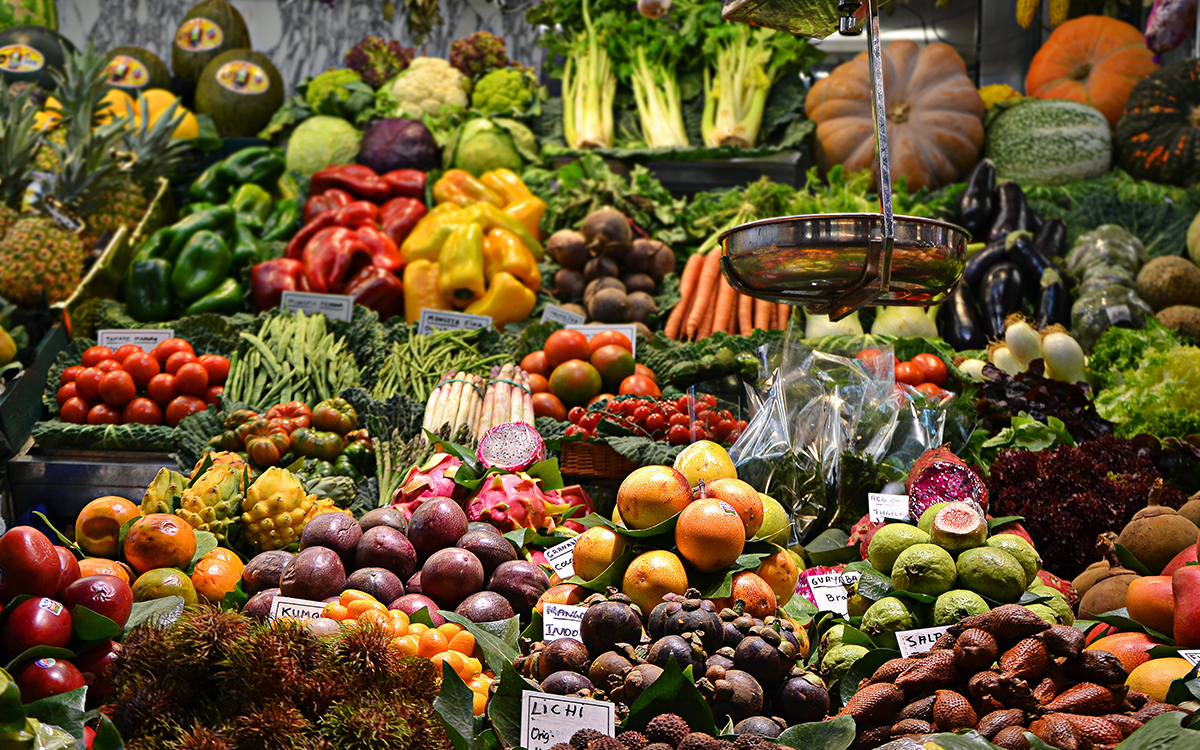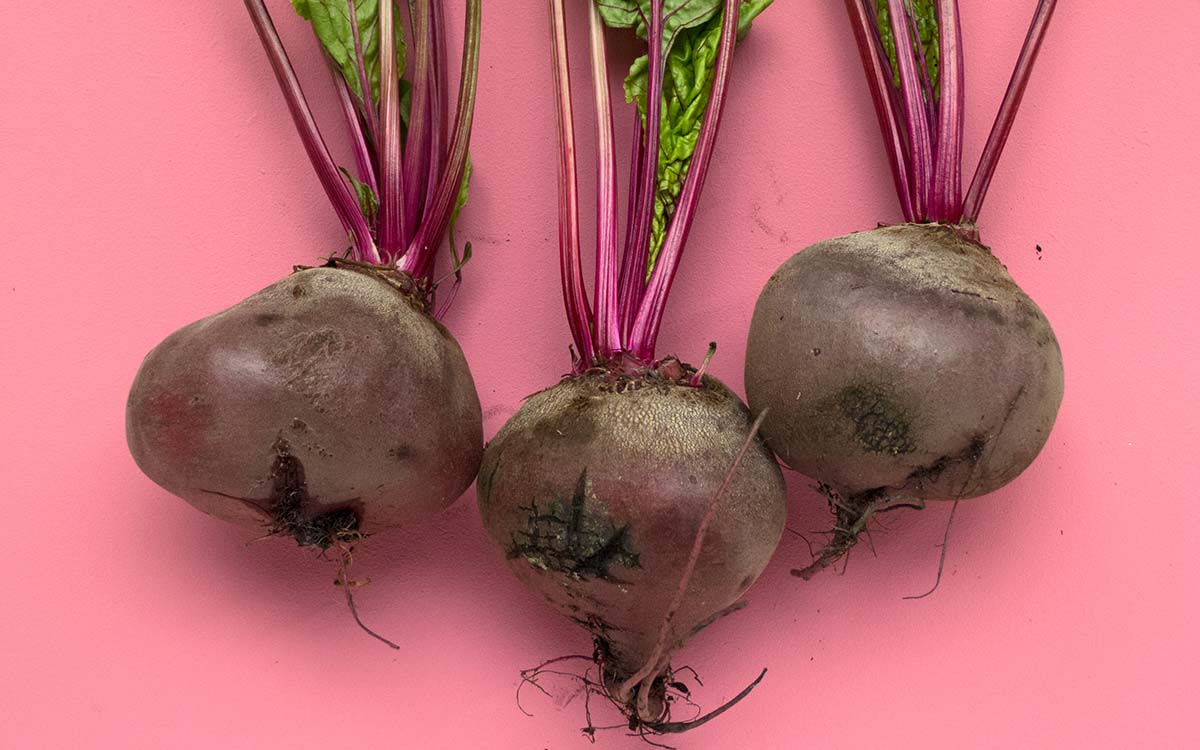It was far easier, when mainstream fake meat tasted like dog food boiled in a pair of athletic socks, to either label the meatless movement a hopeless hippie enterprise, or just ignore it altogether.
“Taste” has always been Big Meat’s obvious ace in the hole, and it served as a continuous checkmate until some unofficial point in the last 30 months, when the breakthrough that had already reached certain local eateries throughout the country — New York’s Superiority Burger, Minneapolis’s The Herbivorous Butcher, Palo Alto’s Vina Enoteca — made it to both grocery shelves and fast-food joints. Plant-based brands Beyond Meat and Impossible Foods brought a decades-long dietary experiment to the finish line by making meat that smells, tastes and bleeds like the real thing as ubiquitous as Dunkin’ Donuts. In fact, alternative meat is now massively popular at Dunkin’ Donuts. Even conservative radio hosts (the Platonic ideal of meat-eaters) have struggled to tell the difference.

But not long after that concession, the discussion shifted. Critics of fake meat — lawmakers from states with large livestock industries, the CEOS of Whole Foods and Chipotle, your uncle — suddenly wanted to talk about nutritional value, and began pushing the narrative that plant-based meat was highly processed and its familiar taste was only achieved by soaking “burgers” in buckets of sodium. For these concerned citizens, plant-based substitutes shouldn’t be considered healthy: their ingredients lists are far too long, and after all, who knows what such unnaturally created food could do to the body?
This premise conveniently forgets that the ingredients list for a traditional beef burger looks like a Facebook terms and conditions page. It assumes that the production of America’s meat supply, which in many cases involves keeping farm animals in internment camps and killing them on rapid-fire assembly lines, is a “natural” way to harvest, package and distribute food.
But most importantly, this line of thinking imagines — perhaps for a reason as simple and silly as the fact that “plant” is in the billing — that people are turning to plant-based meat as a healthy option. When really, that’s the function of a plant-based diet as a whole. Studies have indicated that a limiting or quitting meat consumption while emphasizing whole grains, fruits and vegetables will reduce your risk of cancer, diabetes, Alzheimer’s and heart disease. From a wellness perspective, that’s the crux of the switch. The rise of plant-based meat just adds another dimension to that dietary lifestyle. As Pat Brown, the CEO and Founder of Impossible Foods, told The New York Times last year, “The niche that [the Impossible Burger] fills is not the same niche that a kale salad fills.”
That realization is a liberating way forward for carnivores and vegans alike: fake meat is no savior. Built with pea protein and potato starch, the product isn’t proven, yet, to be healthier than traditional meat. It does have less saturated fat and no cholesterol, but it’s just too early for researchers to conclusively brand it as better for you. And that’s okay. Its true calling card lies in its capacity to steadily carve out space in an industry that is destroying the planet on a daily basis, which gasses and shoots animals when demand is low, which has been a hotbed for COVID-19 cases in this country, which has a history of exploiting undocumented laborers.
But even shoving aside all of that, you shouldn’t sit around waiting for an explicit invitation to try it, either. As with any other type of food, you might simply be surprised. There’s a reason these Silicon Valley-backed companies are struggling to meet demand: people like it. And the industry is only growing, with companies that take their mission seriously but don’t take themselves as seriously as many might believe.
To this point, the franchise face of plant-based meat has been the burger. Until its recent, pea protein-renaissance, the meal was a veggie staple, with a history of black bean and portobello mushroom iterations. But the menu’s growing. Freezer-aisle brands like Gardein offer takes on everything from meatless turkey cutlets to meatless Italian sausage. A company called Novameat is hard at work perfecting the texture of fake steak. A plant-based seafood company called Good Catch even recently completed a successful round of funding. Along the way, innovative companies have experimented with 3D-printing meat, growing it with stem cells and literally pulling it out of thin air.
Somehow, though, one of the most exciting developments in the world of meatless meat right is the development of a damn-near-perfect chicken nugget.
In Manhattan, a startup called NUGGS, which was launched by a 20-year-old Australian named Ben Pasternak, has built an entire company (and raised $7 million, as of last summer) around the cult of the chicken nugget. NUGGS are made with an of-the-moment soy protein concentrate, and feature more protein per serving than an average “animal” nugget — 2.6 grams per pop, 13 grams per recommended serving of five. The company operates online only, selling mail-order boxes of 50 and 100 priced at $35 and $45, respectively. It’s all pretty straightforward, and in some ways, however bizarre, it’s an important test-case for America’s plant-based appetite.
Back in 2013, a study published in The American Journal of Medicine was cheekily titled “The Autopsy of Chicken Nuggets Reads Chicken Little.” Researchers had tested nuggets from major national chains and discovered that they mostly included fat alongside epithelium, bone, nerve and connective tissue. As the 2010s wore on, chicken-nugget manufacturers apparently made an effort to clean up their products (at least, that’s what the National Chicken Council says), but it’s unclear that Americans have ever truly cared. At the end of 2017, The Washington Post was rehashing the best moments during “a year of chicken nuggets,” including “nugget yoga,” “nugget tasting rooms,” and the time a Twitter user asked Wendy’s how many retweets it would take for him to earn a year of free nuggets. Wendy’s asked for a preposterous 18 million. He managed four million, which was an all-time Twitter record.
Chicken nuggets, for better or worse, maintain a certain cultural panache. They’re associated with spontaneity, nights out and questionable decision-making. They’re portable. They lend themselves to hot takes and hotter sauces. And most importantly, they’re impossible to take seriously. It’s just not worth losing sleep over food that makes the leap straight from elementary school cafeteria fare to late-night drunk food. The inherent “fakeness” of that sort of food — the low-stakes it brings to the dinner table — is why it’s a perfect entry-point for plant-based meat. God bless the scientists toiling over the world’s best faux skirt steak every day. No matter what they bring to market, people are going to be pissed. But a chicken nugget? Different story.
NUGGS seems to understand this. It isn’t the only fake nugget in town: Seattle-based Rebellyous Foods has been selling nuggets wholesale to schools and hospitals since 2017, Tyson now has an “alternative protein” brand called Raised & Rooted, and Chick-fil-A has been sniffing around the meatless game for a little over a year. But the fledgling NUGGS is definitely having the most fun. Like most DTC brands, NUGGS has pitch-perfect marketing: pepper-speckled nuggets bob around on its homepage, there’s a refer-a-friend feature and it’s cracked the Subway ads formula. NUGGS also happily leans into the “technology” needed to create its nuggets. Anytime a new version of the nugget is released, the brand treats it like an app update with bug fixes (NUGGS 1.5 decreased sodium by 65%; NUGGS 2.0 increased fiber content).
NUGGS is also just hilarious. On their site, they have a 420-pound box of 10,500 chicken nuggets for $10,000 that you can actually buy. (Though they don’t encourage it — the copy underneath reads, “You don’t need this.”) Their Instagram vacillates between posting ridiculous memes and setting potential customers straight. When one Instagram user had the gall to ask “Are these approved and tested for consumption?”, @nuggs wrote back, “cmon man we’re not out here slinging garage nuggets.”
A freewheeling Internet personality feels about right for chicken nuggets, and it’ll probably help NUGGS build some brand loyalty among young millennials and the Gen Z crowd. But to engender fealty amongst those who can’t imagine an entree without a plate of real meat protein, NUGGS — and the many companies to be incorporated over the next decade — shouldn’t be afraid to acknowledge their place in the food pyramid. Five nuggets from NUGGS contains 13% of a daily suggested fat intake; the ingredients list includes modified starches and various binding agents. The health debate can’t be won, at least not yet, and it isn’t in NUGGS’ best interest to even entertain it.
A chicken-less nugget will — and should — appeal to many. Our planet doesn’t deserve to lose to a 10-piece. But an easier sell, in 2020, is the simple fact that NUGGS nuggets taste great. We’ve had a chance to take out for a test-drive what NUGGS itself has dubbed “the Tesla of chicken,” and they more than get the job done. They’re the right size, an even balance of soft and crispy, and pair well with sauces, especially when baked for a bit with buffalo sauce. What more do you need?
So often, talk about meatless meat centers around a product’s ability to imitate meat that already exists; this is even a flashpoint in Congress, where certain lawmakers are angling to label plant-based products “imitation meat.”
But it seems increasingly likely that so-called fake meats will soon have their own imitators. For the world of chicken nuggets, which isn’t a zero-sum game, this is a good thing. And if NUGGS can make the leap while having a blast — their nuggets are expected to hit shelves later this summer — while keeping serious matters light for America’s anxious, polarized eaters, perhaps tenders are next. Plant-based meat has come a long way. The mission is there, the taste is there, the nutrition may or may not be. That’s okay for now. They’re just chicken nuggets.
Whether you’re looking to get into shape, or just get out of a funk, The Charge has got you covered. Sign up for our new wellness newsletter today.























